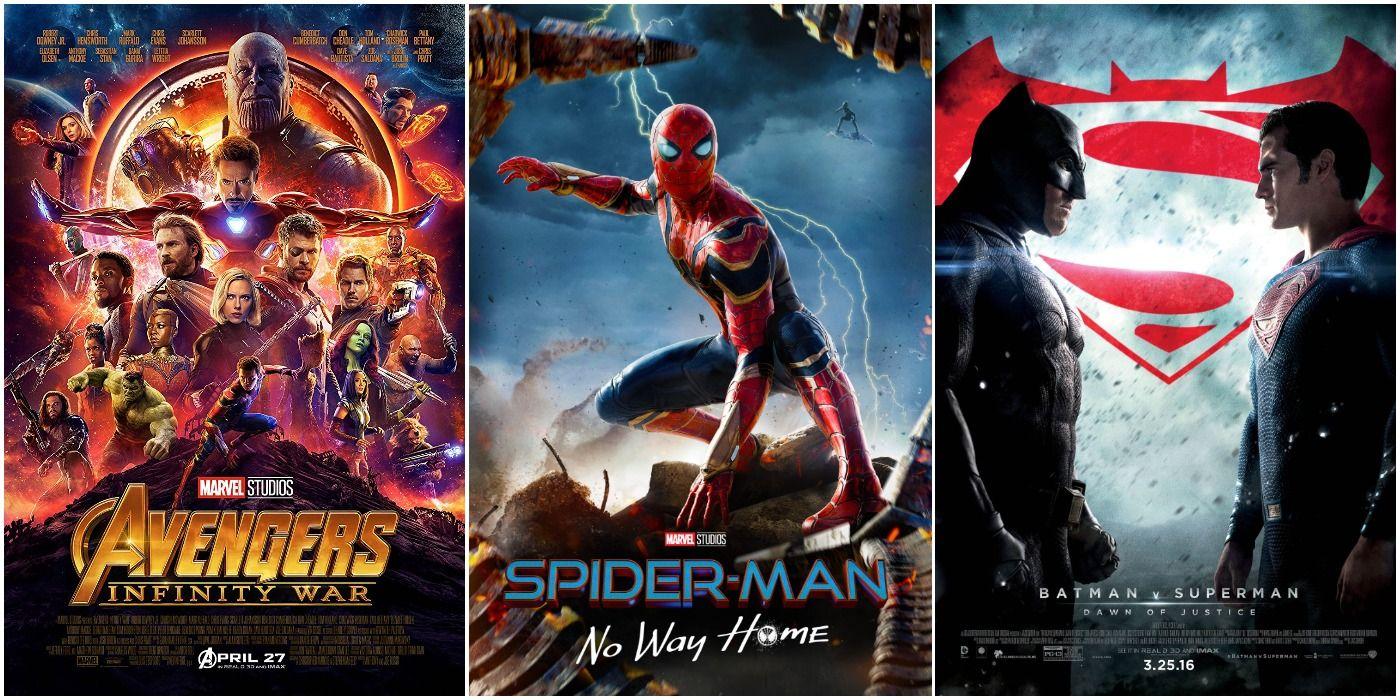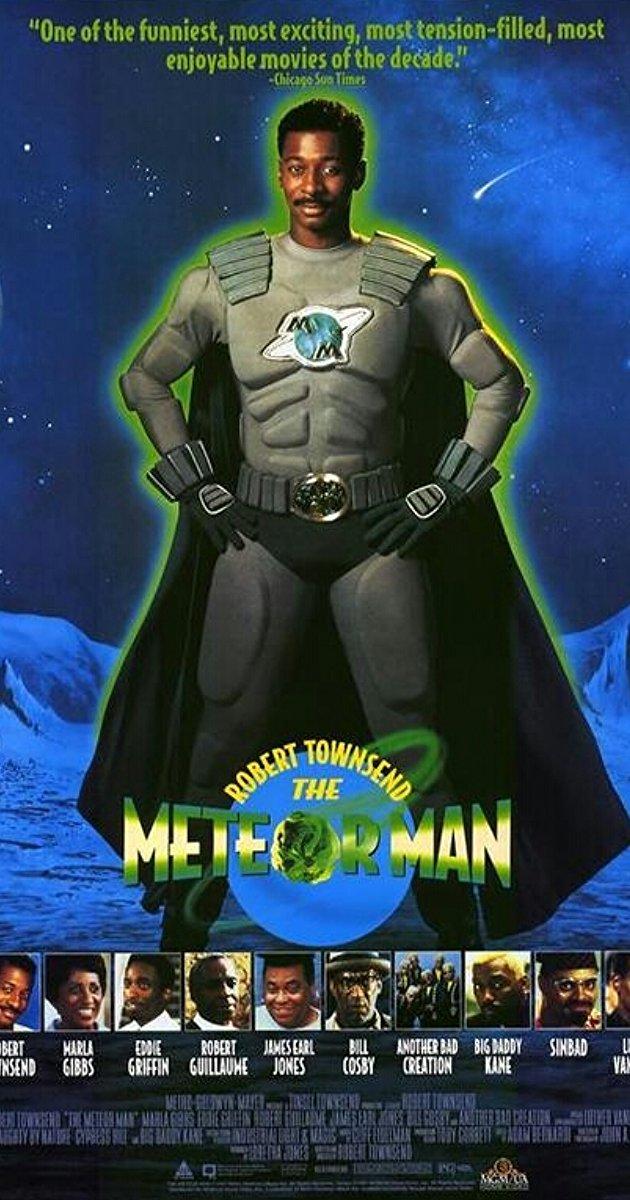In recent years, superhero movies have transcended their origins as simple tales of good versus evil, evolving into complex narratives that often reflect contemporary societal issues. As these films have grown in popularity, so too has the discourse surrounding their thematic depth and political undertones. This evolution raises an intriguing question: are superhero movies becoming too political? While some argue that these films have always mirrored the cultural zeitgeist, others contend that they are increasingly becoming vehicles for ideological expression, potentially alienating segments of their audience. This article delves into the multifaceted nature of superhero cinema, exploring whether its current trajectory signifies an enriching expansion of the genre or a divisive shift away from its escapist roots.
Impact of Political Themes on Superhero Narratives
The integration of political themes into superhero narratives has become a contentious topic among audiences and critics alike. Superhero stories have traditionally served as escapist fantasies, but many modern adaptations have begun to reflect real-world issues, often sparking debate over their intent and impact. While some argue that these themes enrich the storytelling, providing depth and relevance, others feel they detract from the entertainment value, turning beloved characters into vehicles for political discourse.
- Critics argue that the infusion of political themes can alienate audiences who seek diversion from the complexities of the real world.
- Proponents believe these narratives can foster discussion and awareness, using the superhero genre’s wide reach to highlight social issues.
- Some filmmakers see this trend as a natural evolution, as superheroes have historically mirrored societal fears and hopes.
As the debate continues, the question remains whether these films should prioritize escapism or embrace a role as a mirror to society’s challenges. The balance between entertainment and commentary is delicate, and finding a middle ground may determine the future direction of superhero narratives.

Audience Reactions to Political Messaging in Blockbusters
In recent years, the infusion of political themes into superhero films has sparked a spectrum of reactions from audiences. While some viewers appreciate the nuanced exploration of real-world issues, others argue that these narratives overshadow the escapism that the genre traditionally offers. Critics of politicized storylines often voice concerns that the inclusion of social commentary can alienate fans seeking entertainment devoid of ideological discourse. They argue that these films risk becoming preachy, prioritizing messaging over the action-packed, fantastical elements that originally drew audiences to the genre.
Conversely, a significant portion of the audience embraces this evolution, viewing it as a natural progression that mirrors societal changes. Supporters highlight several positive aspects:
- Relevance: Addressing current issues can make characters and plots more relatable and thought-provoking.
- Diversity: Political themes often coincide with more diverse representation, offering a broader spectrum of voices and stories.
- Depth: Incorporating complex themes can add layers to storytelling, engaging audiences on a deeper intellectual level.
The debate reflects a broader cultural dialogue about the role of art in society, leaving filmmakers to navigate the delicate balance between entertainment and commentary.

Balancing Entertainment and Ideological Expression in Film
In recent years, superhero movies have increasingly woven political themes into their narratives, sparking discussions about the balance between entertainment and ideological expression. This trend raises questions about the intent and impact of these films. Are they merely reflecting societal issues, or are they pushing specific agendas? Some argue that these movies offer valuable commentary on contemporary issues, while others feel that the infusion of politics detracts from the escapism traditionally offered by the genre.
Several factors contribute to this shift, including:
- Audience Expectations: Viewers today are more socially aware and often seek content that resonates with their own beliefs and values.
- Creative Intent: Filmmakers may use the platform to explore complex themes, aiming to add depth and relevance to the stories.
- Market Dynamics: With global reach, films often incorporate diverse perspectives to appeal to a broader audience.
While some fans appreciate the deeper layers, others long for the simpler days when superheroes primarily focused on saving the day without the weight of political discourse. The challenge for creators lies in striking a balance that respects artistic expression while maintaining the core appeal of the genre.

Strategies for Filmmakers to Address Political Content Criticism
In the dynamic landscape of cinema, filmmakers often find themselves navigating the nuanced terrain of political content criticism. To address such challenges effectively, creators can consider several strategic approaches:
- Embrace Diverse Perspectives: By incorporating a variety of viewpoints within the narrative, filmmakers can foster a more inclusive dialogue. This approach not only enriches the storyline but also demonstrates a commitment to exploring complex issues without overt bias.
- Focus on Universal Themes: While political elements can add depth, centering the story on universal human experiences can resonate more broadly with audiences. By emphasizing themes like justice, identity, and resilience, filmmakers can craft stories that transcend political boundaries.
- Engage in Open Dialogue: Facilitating discussions with critics and audiences alike can help filmmakers understand diverse reactions to their work. Hosting Q&A sessions, panels, or online forums can provide valuable insights and potentially bridge gaps in understanding.
By thoughtfully considering these strategies, filmmakers can navigate the complexities of political criticism while maintaining the integrity and appeal of their cinematic creations.
